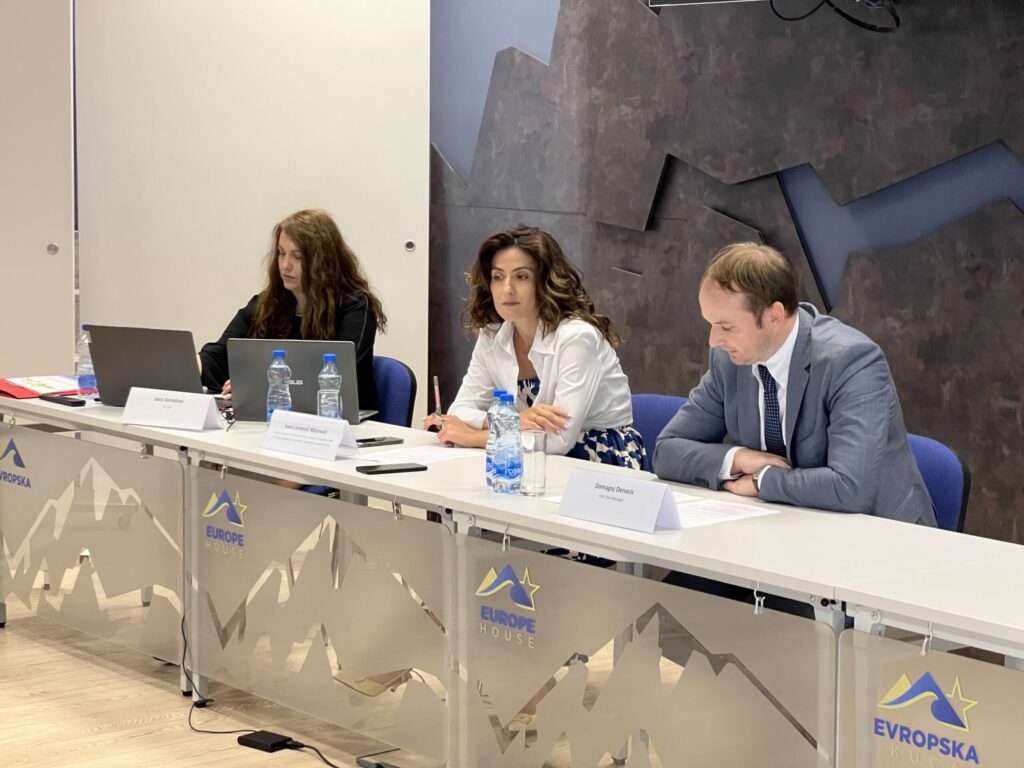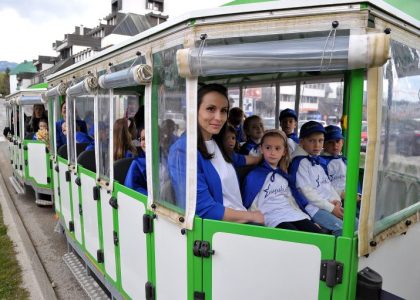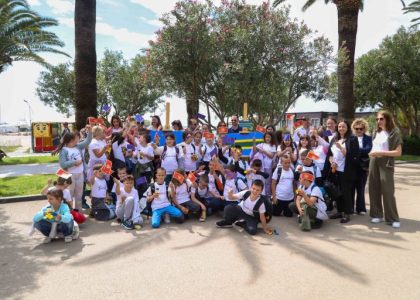“Since the beginning of the pandemic, Montenegro has received €130 million in EU grants and loans, aiming to save lives, improve public health, and help the local economy,” said Domagoj Denačić, Task Manager at the Delegation of European Union to Montenegro, during the final conference ─ “COVID Complementary Measures ─ Support to SMEs in Montenegro.”
He stated that, despite the rather modest budget, this project covered a wide spectrum, from supporting the development of the strategy for circular transition; providing advisory support and coaching for MSMEs in preparation and implementation of digital transformation; providing advisory support and coaching to skilled craftworkers; providing technical assistance for the development of authentic rural touristic offers, and conducting an evaluation of COVID-19 support to the Montenegrin private sector.

“In cooperation with the Delegation of the European Union to Montenegro and the former Department for European Integration, we received a package of direct budget support in the amount of €40 million, which were allocated to activities related to the implementation of the programme to improve competitiveness and subsidies for micro-, small-, and medium-sized enterprises with the aim to preserve jobs,” said Ivana Janković Mijanović from the Ministry of Economic Development and Tourism.
“This project covered five areas. In addition to support for crafts, support was provided to the Ministry for the development of a circular transition, which is in accordance with the New European Agenda and the European Investment Plan for the Western Balkans, a segment of support for micro-, small-, and medium-sized enterprises operating in the field of rural tourism, and mentoring support was provided for micro-, small-, and medium-sized enterprises and a comprehensive evaluation of the package of support programmes for micro-, small-, and medium-sized enterprises during the COVID crisis was carried out, as well,” added Janković Mijanović.

Istra Danailova, team leader of the project, gave her insights into the detailed analysis of the project, explained the activities that were carried out as part of the project, and presented the concrete results that were achieved.
“We developed a strategy for the circular economy until 2030 together with a financial plan for the implementation of the strategy, and, as an added value to the project, we prepared a detailed goal report whose purpose was to support decision-makers to better align national legislation with the strategic and political framework of the circular economy of the European Union. We also had several panel sessions led by our project team. We provided advisory support to micro-, small-, and medium-sized enterprises in the preparation and implementation of digital transformation and circular economy to increase competitiveness. We organised eight different capacity-building sessions and prepared 11 case studies.”
The results of Components 2, 3, and 5 were presented by Goran Pastorović, Darko Pekić, Slavica Marković, and Istra Danailova.


